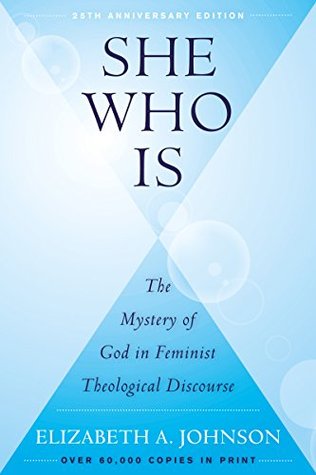idea of church office. Christ was then viewed as the principle of headship and cosmic order, the ruling king of glory, the Pantocrator par excellence, whose heavenly reign sets up and sustains the earthly rule of the head of the family, empire, and church.5 Obedience to these authorities was obedience to Christ; disobedience to them called into question one’s allegiance to Christ himself. Thus coopted, the powerful symbol of the liberating Christ lost its subversive, redemptive significance.
Welcome back. Just a moment while we sign you in to your Goodreads account.


